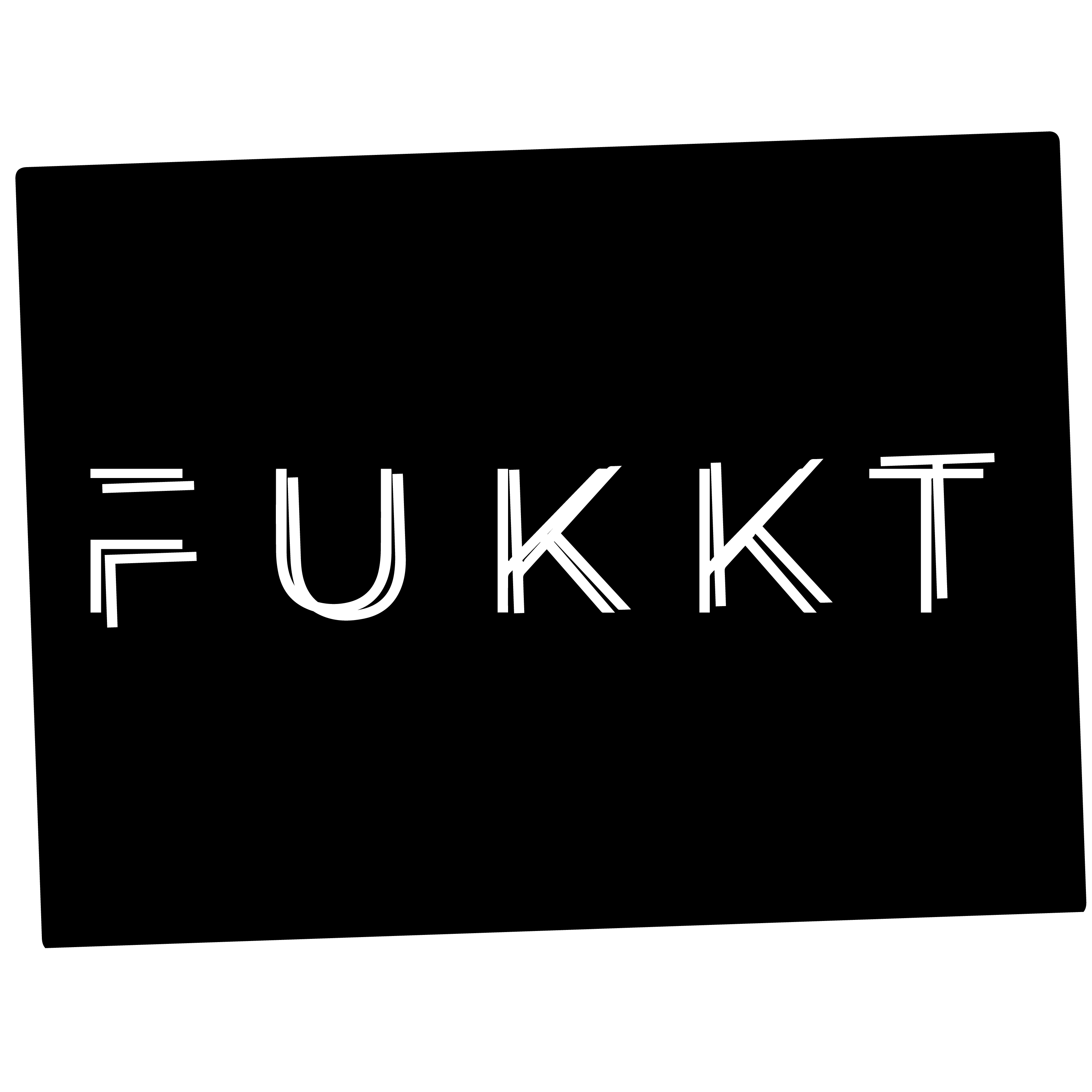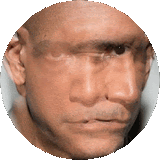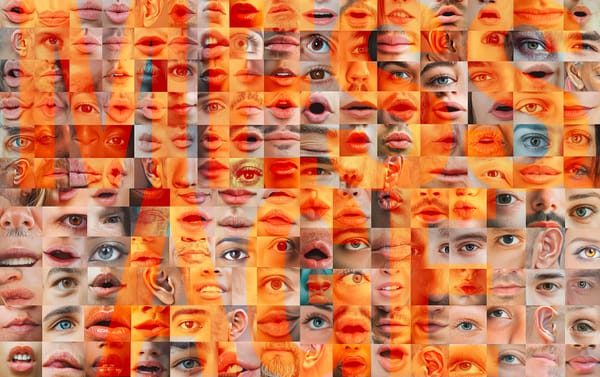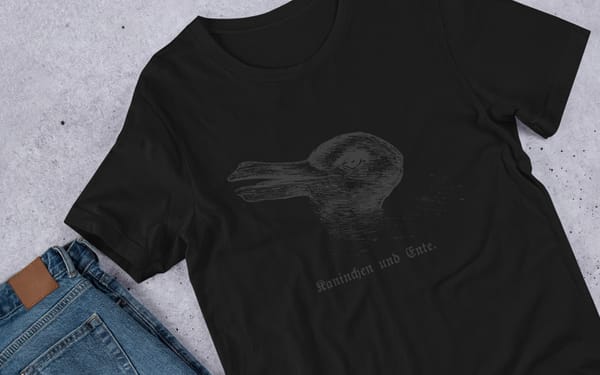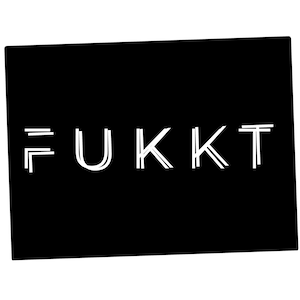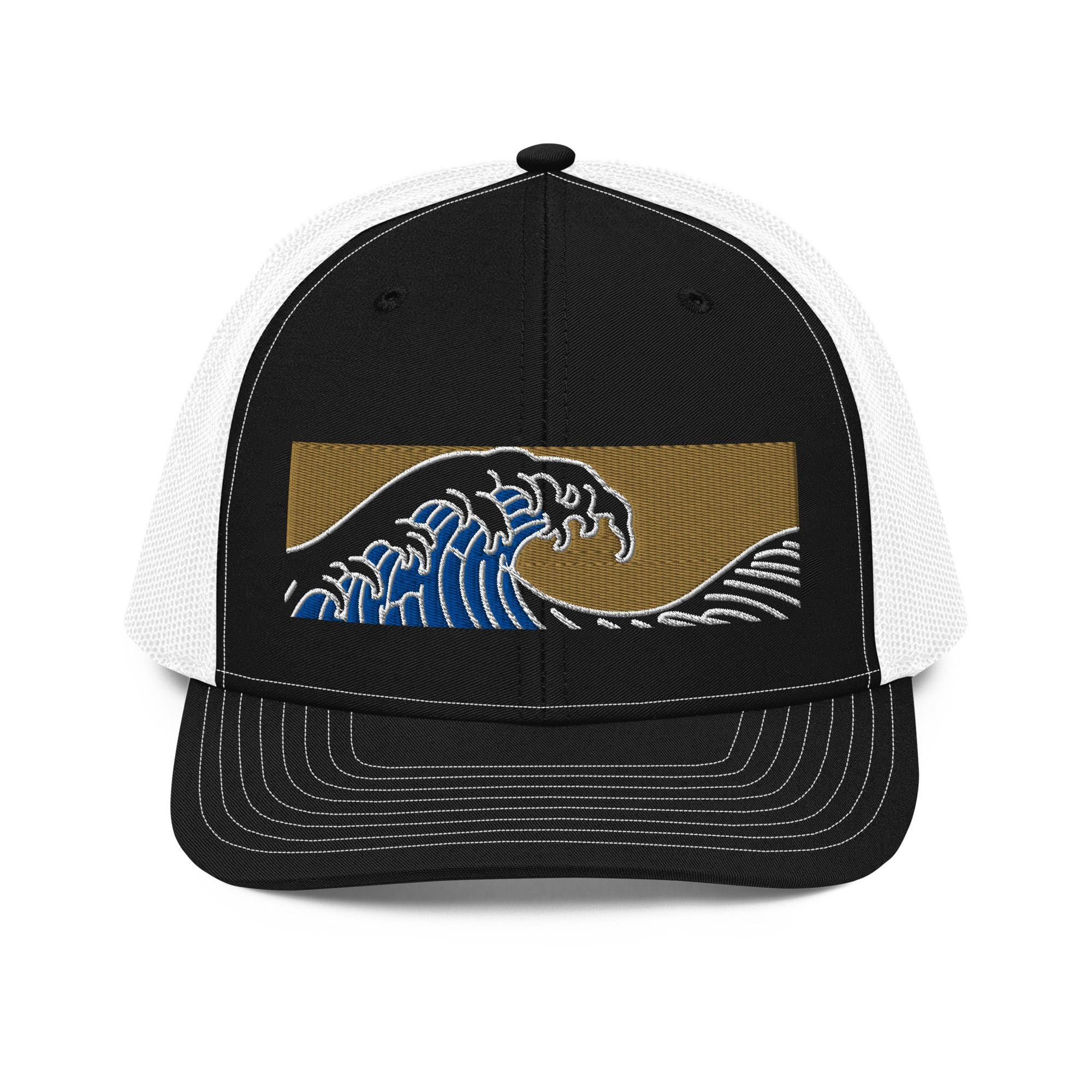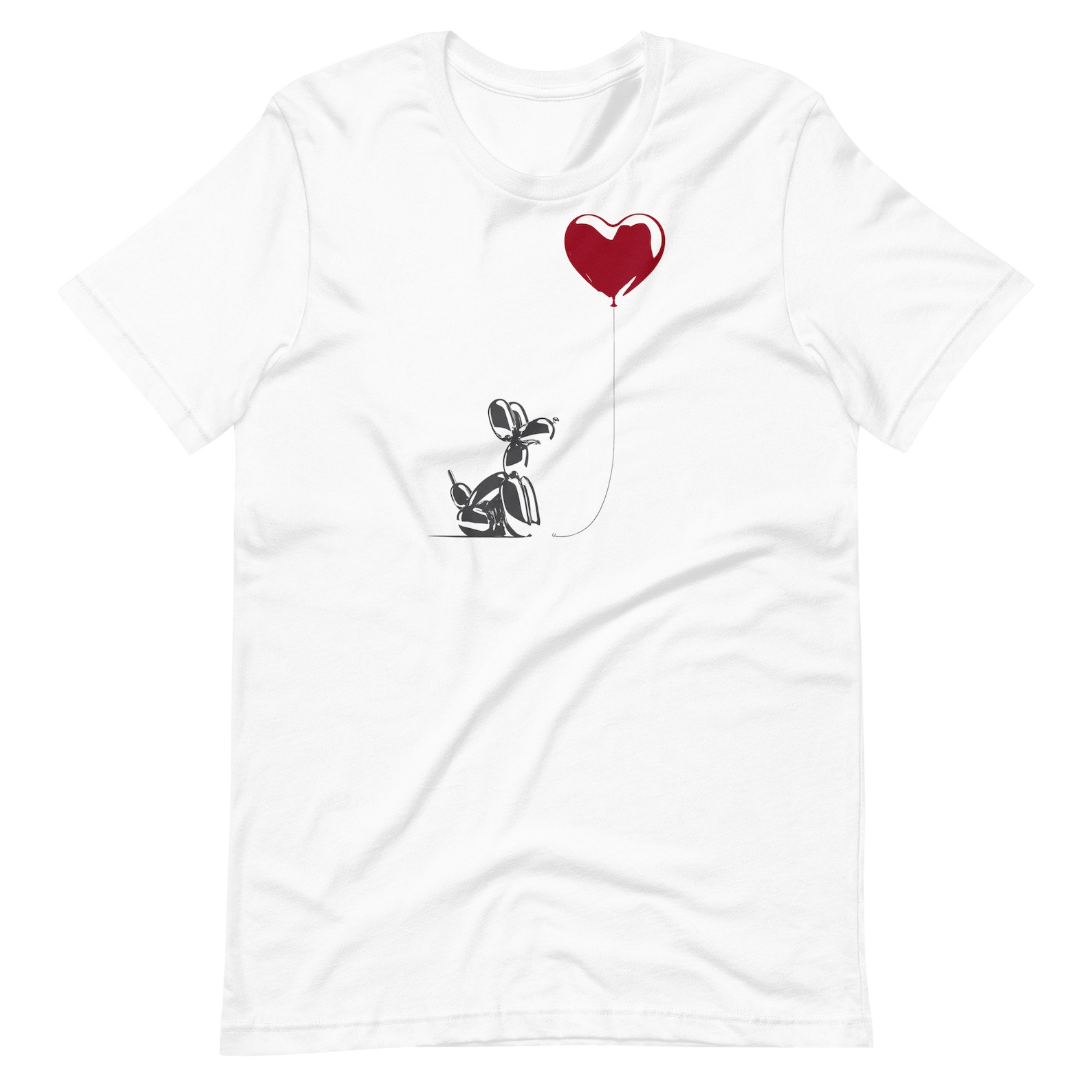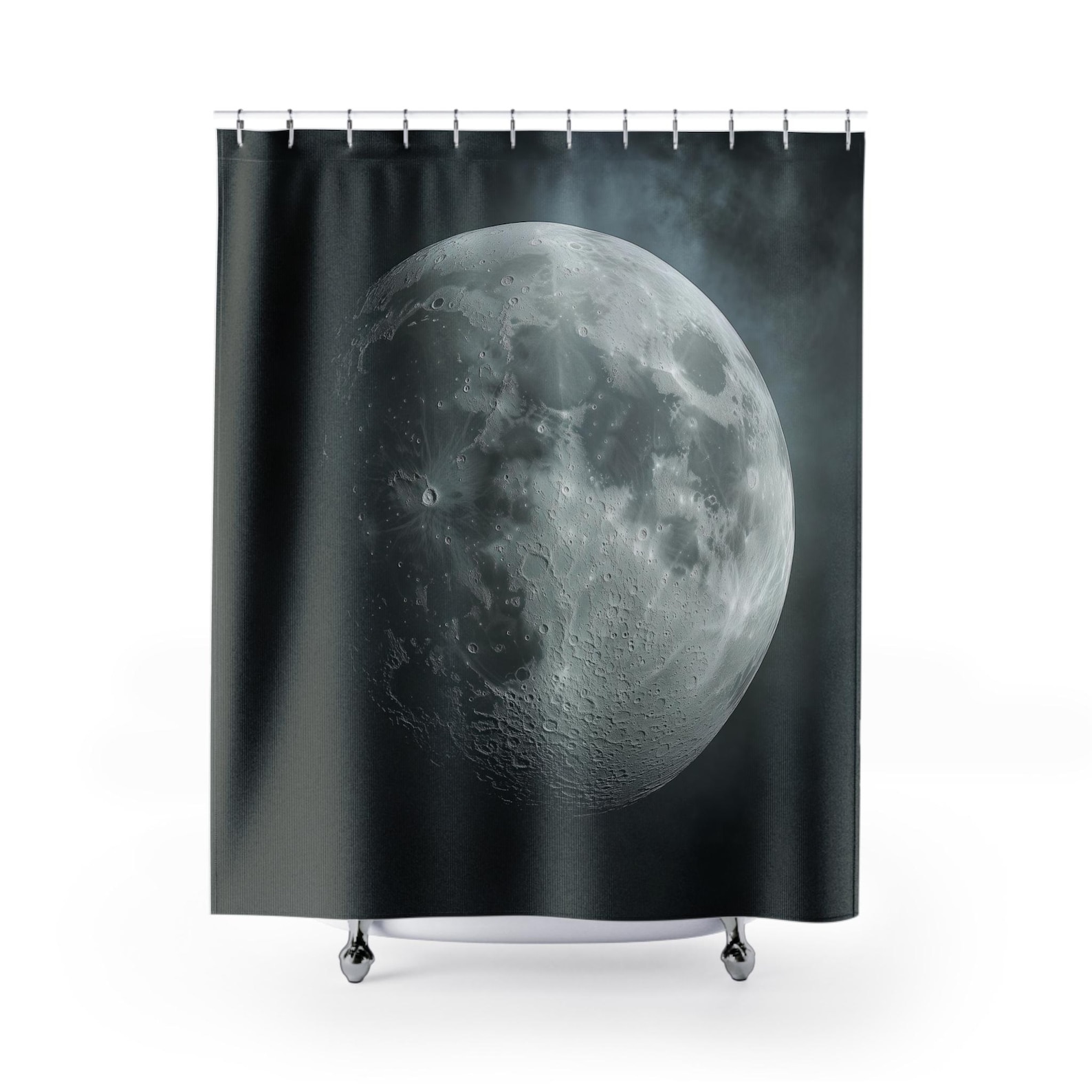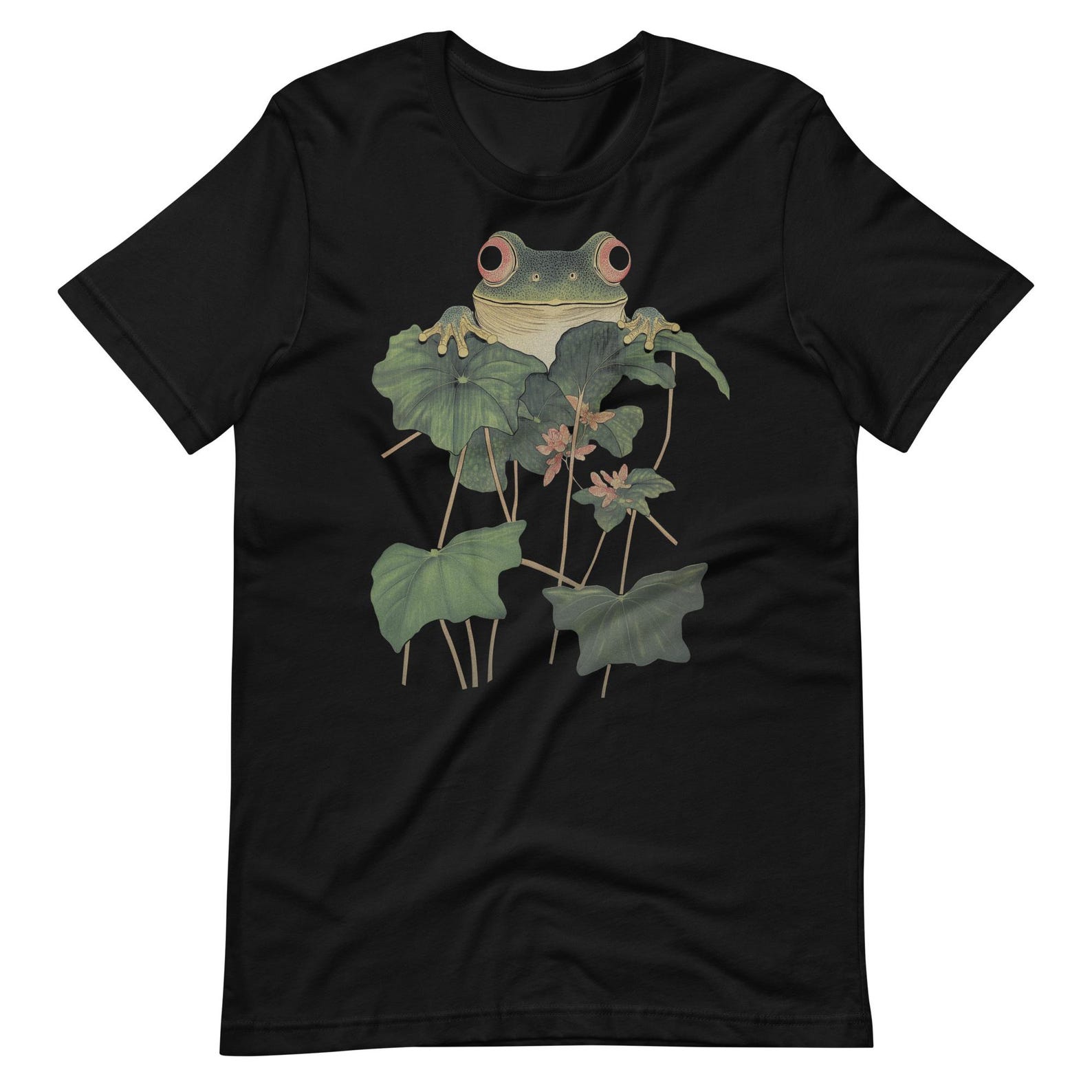The challenges of personal branding
Building a personal brand in today's digital world isn't just about visibility — it's about surviving the harsh realities of online hostility. How do you protect yourself while staying true to your brand?

Navigating a hostile digital landscape
In today's world, personal branding is heralded as a key to success. We're constantly told to showcase ourselves, represent our unique values, and build a public persona that stands out in an increasingly crowded digital space. However, personal branding is not as straightforward as it seems, especially for those who trolls and haters have targeted. But, insights can be gleaned from experiencing such online harassment. The rhetoric around personal branding often glosses over the emotional and psychological toll of putting oneself "out there." While representing yourself is essential, it’s crucial to recognise the inherent challenges — particularly the dangers posed by online harassment.
However, the reality is that personal branding is far from straightforward, particularly for those who have been targeted by online harassment.
The dark side of going public
There's an unspoken truth in the personal branding conversation: the Internet is not always a kind place. Trolls are vicious, and haters, as the saying goes, will hate. For anyone who has been on the receiving end of targeted online harassment, the prospect of consistently exposing oneself and being "intimate" online can be daunting. The push to "get out there and post" often overlooks that being in the public eye means opening yourself up to criticism, mockery, and, sometimes, outright abuse.
For instance, consider the experience of an artist who posted her work online, only to be bombarded with hateful comments mocking her style and questioning her talent. Or the case of an activist who shared their views on a contentious topic, only to face a wave of personal attacks that included threats of violence. Even more insidious are the experiences of individuals who find their social media profiles inundated with derogatory comments about their appearance or personal life, sometimes from strangers. These attacks are not just words; they can have a profound impact on a person's mental health and willingness to engage online.
Drawing boundaries: A necessary strategy
So, what do you do in the face of such hostility? The solution lies in drawing clear boundaries. When deciding to go public, it's essential to determine the extent to which you're willing to expose yourself to trolls. Personal branding does not mean baring your soul to the world without limits; it means carefully curating what you share and strategically engaging with your audience.
For example, you might limit your social media interactions to professional topics, avoiding discussions of your personal life altogether. Alternatively, you could use privacy settings to control who can see and comment on your posts, reducing the likelihood of encountering trolls. Remember to regularly review and adjust privacy settings as platforms change their algorithms. Another approach is to create a separate, private space where you can express yourself more freely without fear of public scrutiny.
The unfair advantage of haters
One of the most frustrating aspects of online harassment is the unfair advantage it gives to those who engage in it. Kind, decent people are unlikely to spew hatred or spread malicious rumours online, but this decency puts them at a disadvantage. Trolls and haters, on the other hand, feel empowered by the anonymity of the Internet or support from their followers, emboldened to say things they would never dare to utter in person.
This creates an environment where negativity often overshadows positivity, and the loudest, most obnoxious voices dominate the conversation. Even so-called "friends" can turn out to be toxic, leaving you to wonder how much worse it could be with strangers. The current online culture, where disrespect and cruelty are often celebrated, makes it all the more challenging to build and maintain a personal brand without succumbing to negativity.
The psychological toll
The psychological impact of online harassment can be particularly devastating for those who have experienced prior trauma. Research suggests that our brains continue to develop with age, but they can get stuck in specific scenarios or traumatic experiences. For instance, a person who has experienced racism or discrimination based on their sexuality may find themselves mentally stuck in that moment, shaping their worldview and their interactions with others. This mental "stuckness" can make it even harder to navigate the online world, where those same traumas can be relived and amplified with every hateful comment or attack.
As an adult, you might be surprised to find yourself reacting to online harassment with the same fear or anxiety you felt as a child or teenager in a similar situation. This is because your brain, still processing a trauma, has not fully moved past it. Far from being a neutral ground, the digital space can become a minefield of triggers that take you back to those painful experiences.
Conclusion: The courage to continue
Despite these challenges, we should admire anyone who puts themselves out there and builds a personal brand in the face of online hostility. It takes immense courage to bear the digital world's hostility and continue sharing your voice, work, and values. The key is to do so on your terms — setting boundaries, protecting your mental health, and being selective about what you share and with whom. Personal branding is not just about being visible; it's about being resilient, smart, and, above all, true to yourself in a world that often seems intent on tearing you down.
